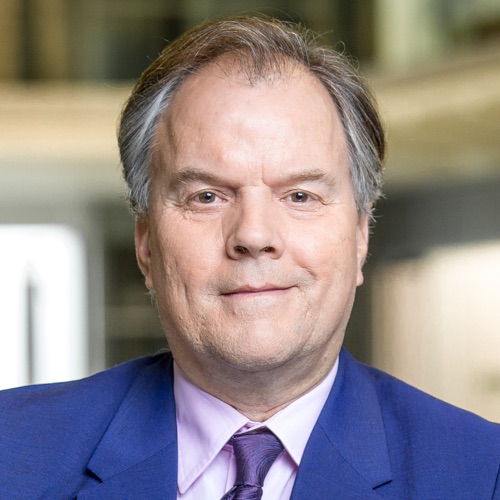Ukraine and Islamic State crises give Nato new purpose
I have been to many a summit but the setting of this one has to be one of the more surreal.
It’s no surprise that this is a golf resort. Such locations – luxury blocks surrounded by green space on the edge of a town – are ideal for creating summit bubbles, throwing up rings of steel and keeping any demonstrators at arm’s length.
What makes this summit unique are the props. The rolling hills of the golf course have been dotted with tanks, armored vehicles and fighter jets.
The planes are made of plastic. The vehicles are real. The overall effect is bizarre.
Were they put here to add an element of menace to an execessively benign setting? Nato is after all the world’s biggest military alliance.
Or were they deployed to deter President Obama from playing too much golf?
Whatever the reason they are a fitting image for this summit: the clash of realities, normality overturned.
A year ago Nato organizers booked this resort probably expecting delegates to play a few rounds of golf amid discussions whether the alliance even had a role in the post Cold War, post 9/11 world.
Now, thanks to ISIS and Vladimir Putin, the golf has been canned and the existential soul searching has been replaced by panic and a call for action.
Russia is the new old enemy.
Nato’s Eastern European leaders no longer mice their words and openly talk about Russian aggression while mumbling “we told you so” under their breath.
Islamic State is a nastier more barbaric version of al-Qaeda, like some overblown Hollywood sequel.
And Nato has rediscovered its role. The question is exactly what to do about these dual threats.
The US and the UK want more military action against IS, but only with key Muslim allies like the Turks and possibly Jordan, a non Nato member, in a supporting role.
The model here is the 1991 coalition of the willing against Saddam Hussein.
They also need the new Iraqi government to agree to any action. That’s not the problem, but first we need a new Iraqi government.
Russia is trickier and the stakes are higher because the last thing Nato, or indeed anyone else, wants is a war with a nuclear power on its borders. Former Soviet vassals like Lithuania are hoping the crisis means more protection.
Asked by a colleague whether Nato had her back, the Lithuanian president said curtly: “we will find out when they invade.”
America has also declared Putin public enemy number one. France, Germany and even Britain are treading far more carefully.
The best the Ukrainian president can hope for is moral and financial support, as well as arms and training.
But as a non Nato member he is on the wrong side of the protective fence, and it is impossible to see how western leaders could persuade their electorates to support sacrificing money and blood to support the survival of Ukraine.
This is why our Eastern European friends keep repeating that containing Russia is not just in Ukraine’s or their interest, but also in the interests of every European.
They may be right but who is listening?
Follow @mattfrei on Twitter

